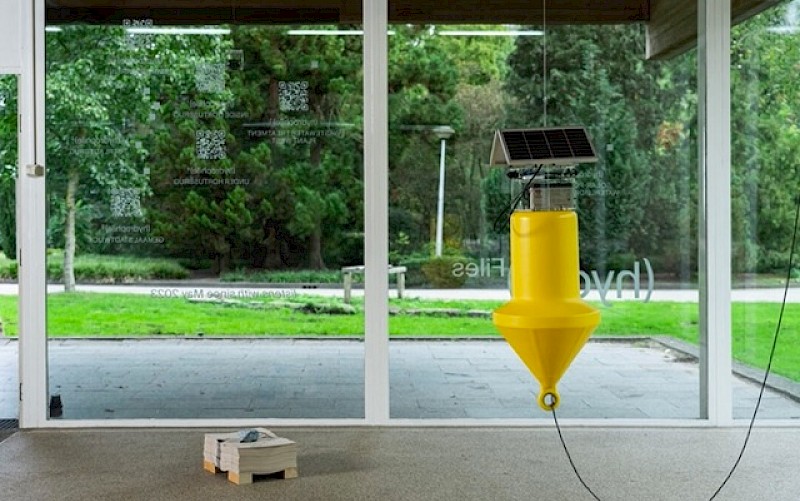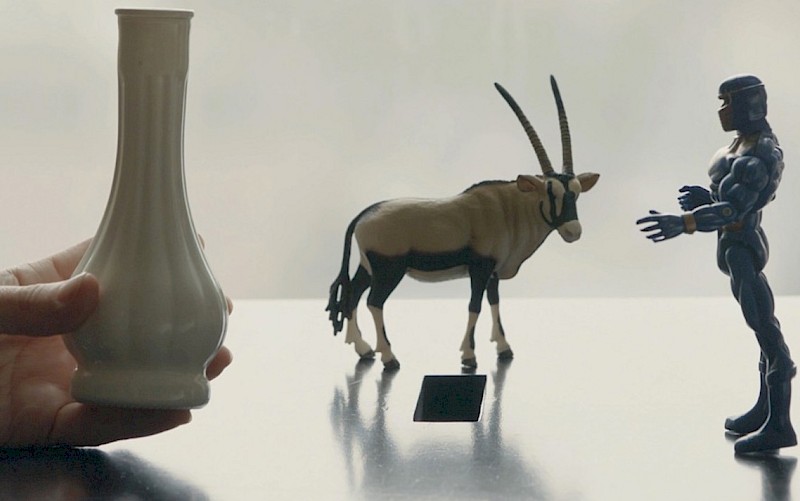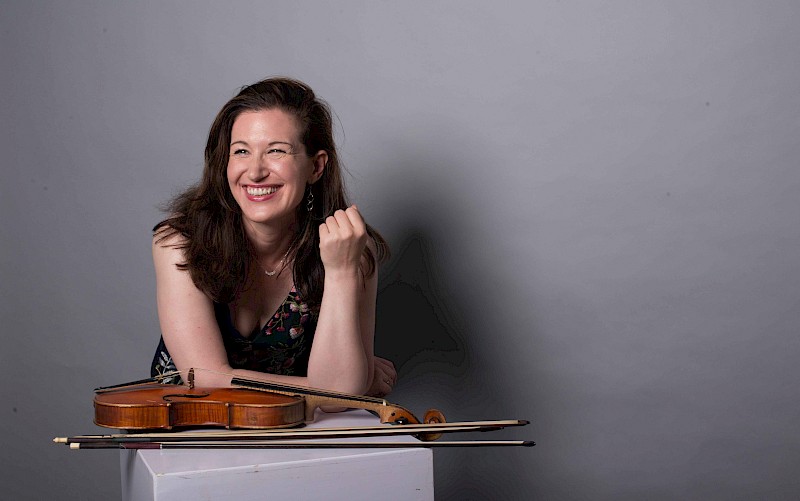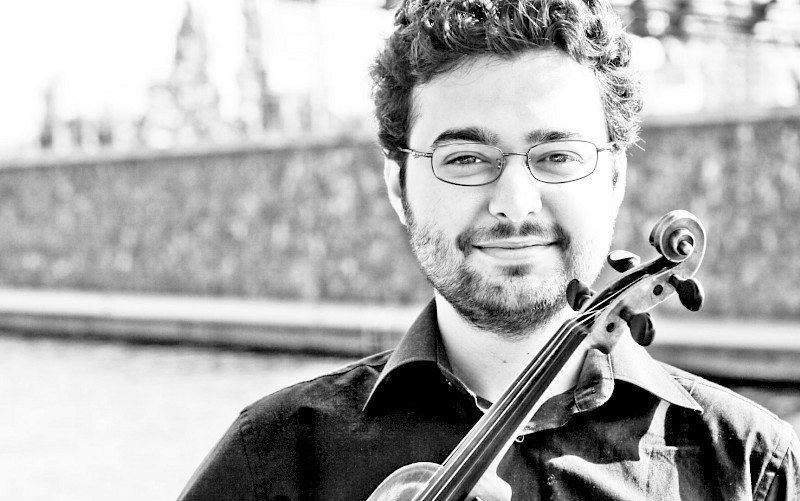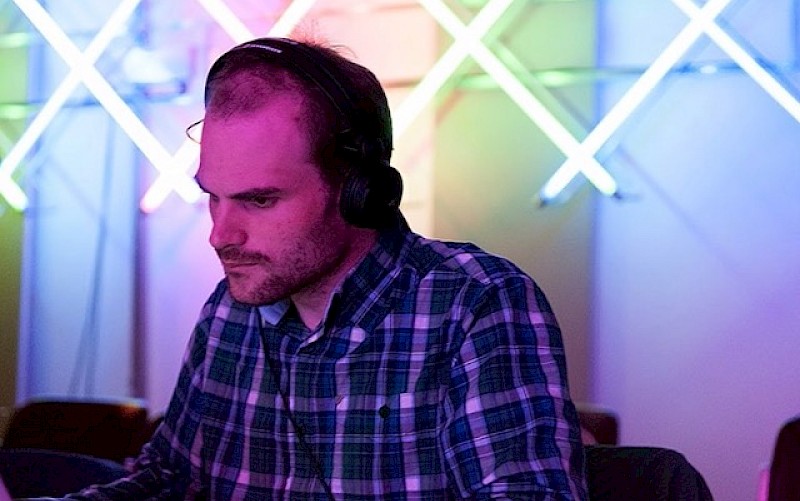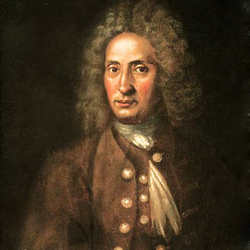
Giuseppe Torelli and the birth of the Violin Concerto
Giuseppe Torelli (1658-1709), a violinist and composer famous all over Europe during his lifetime, has not received much attention in today's concert programs and academic environments. This research has a twofold intention: reconstruct the life of Torelli and investigate the origins of a genre of which he is considered to be the father, the soloistic concerto. As a case of study, an in-depth analysis is been drawn of one violin concerto, which has a debated authorship nowadays, poised between Torelli and Vivaldi. The results are presented in three chapters: the first one contains the biography; in the second one it is outlined how Torelli redefined the form of the pre-existing Concerto Grosso, thanks to the activity of his predecessors and to the peculiar context in which he was active. This process resulted in the arise of the concerto for solo instrument, which already presented all the characteristics that made this musical form so popular and successful amongst his contemporaries and the following generations. The third chapter consists of an analysis of the Concerto for violin in D minor A.2.3.9/RV813. Through the examination of the primary sources, its transcription for solo keyboard made by Johann Sebastian Bach and the stylistic patterns used, I intend to demonstrate that the attribution to Torelli is more plausible. The inquiry about this repertoire through a musicological and historical contextualization can bring to a more grounded awareness in how to approach this music as a performer and, hopefully, it will lead to a rediscovery of musical treasures.
